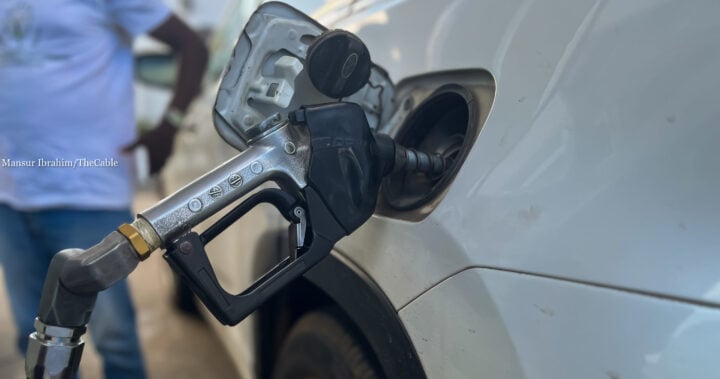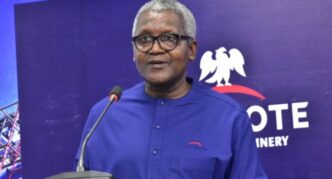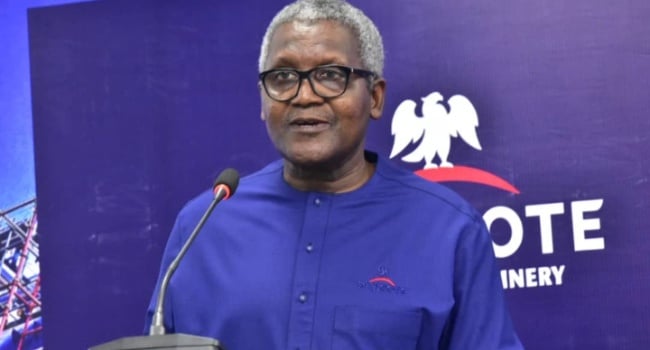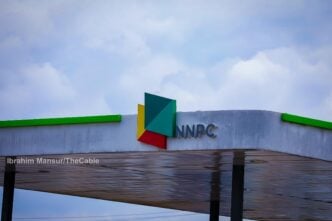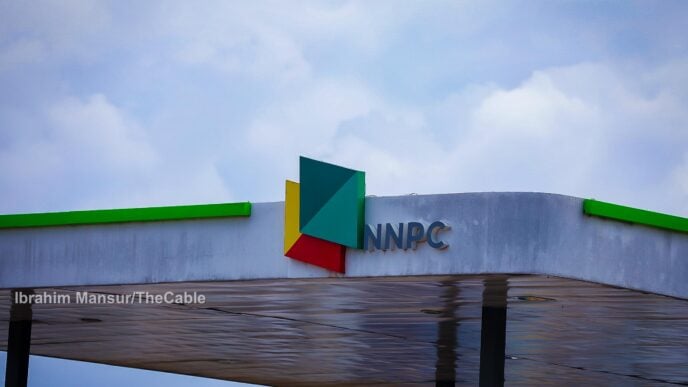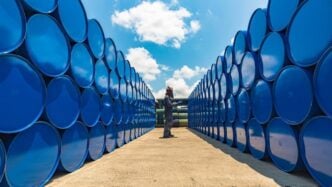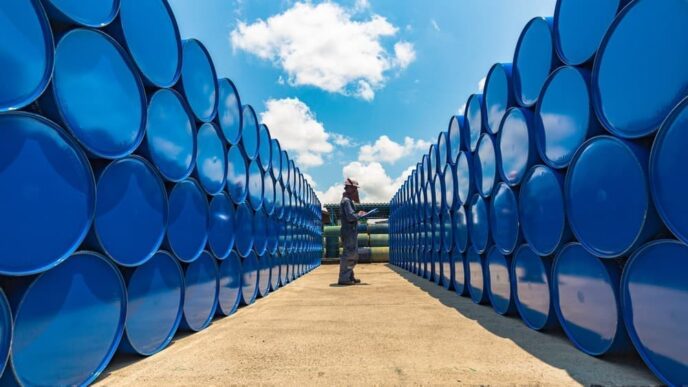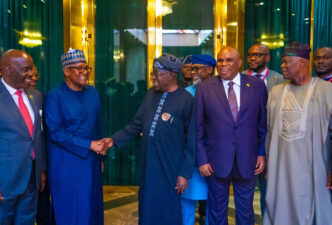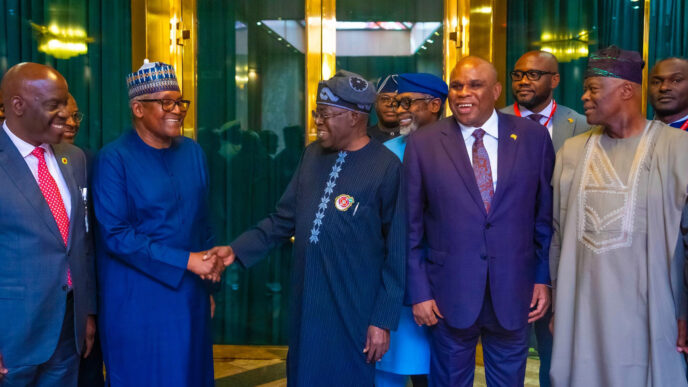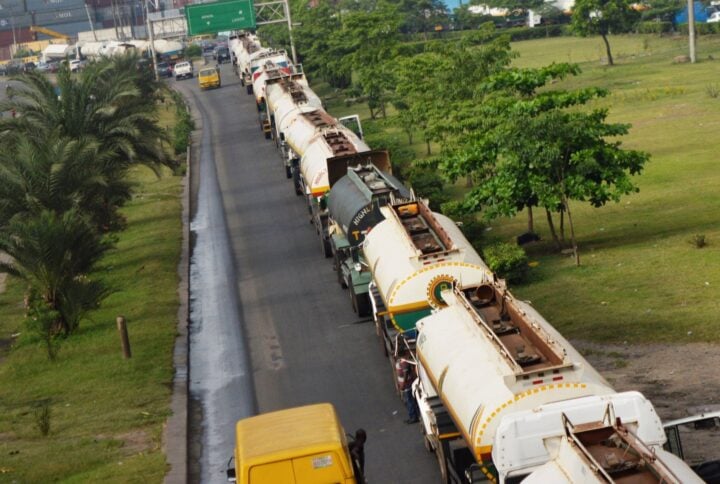The Nigeria Midstream and Downstream Petroleum Regulatory Authority (NMDPRA) says the country’s daily consumption of premium motor spirit (PMS), also known as petrol, is between 45 million and 50 million litres.
Farouk Ahmed, NMDPRA’s chief executive officer (CEO), spoke during the 18th Africa Downstream Energy Week in Lagos, themed “Alliances For Growth”.
Ahmed said petrol consumption usually increases in the fourth quarter, especially around the holiday season, due to a rise in industrial and consumer activities.
He expressed optimism that the recent price adjustments and market liberalisation would reduce cross-border smuggling, thereby retaining more petrol for domestic use.
Advertisement
“We hope this price adjustment or liberalisation will discourage cross-border smuggling of the product, meaning that more petrol will stay within the country,” Ahmed said.
He said petrol consumption levels in Nigeria might decrease, though a significant drop is unlikely.
On September 21, President Bola Tinubu said Nigeria’s daily petrol consumption reduced to about 30 million litres after subsidy removal.
Advertisement
Tinubu, during his inauguration on May 29 2023, declared that the petrol subsidy is gone — a development that immediately led to a hike in the cost of the commodity across the country.
Also, on July 18, 2023, the NMDPRA said petrol consumption fell to 46.38 million litres per day in June last year, from the average daily consumption of 65 million litres, largely due to the removal of subsidy.
Speaking on the theme of the conference, Ahmed underscored the value of partnerships within the industry.
According to the NMDPRA CEO, fewer, shared facilities could enhance efficiency and reduce costs for both businesses and consumers, as opposed to numerous underutilised private depots.
Advertisement
“Collaborations or alliances among stakeholders will lead to greater efficiency and lower costs for consumers,” Ahmed said.
He added that shared infrastructure among agencies such as the NMDPRA, Nigerian Maritime Administration and Safety Agency (NIMASA), and the Nigeria Ports Authority (NPA) could alleviate operational inefficiencies.
Also, Ahmed said NMDPRA does not intend to enforce mergers, encouraging industry players in saturated markets to consider partnerships for improved efficiency and consumer savings.
“With strategic alliances in place, we can reduce costs for consumers by making the most of our existing infrastructure,” he added.
Advertisement
Ahmed assured that the authority would continue assessing project viability to ensure consumer benefit, adding that collaborative efforts and efficient operations are vital for a sustainable energy future in Nigeria.
Advertisement
Add a comment
